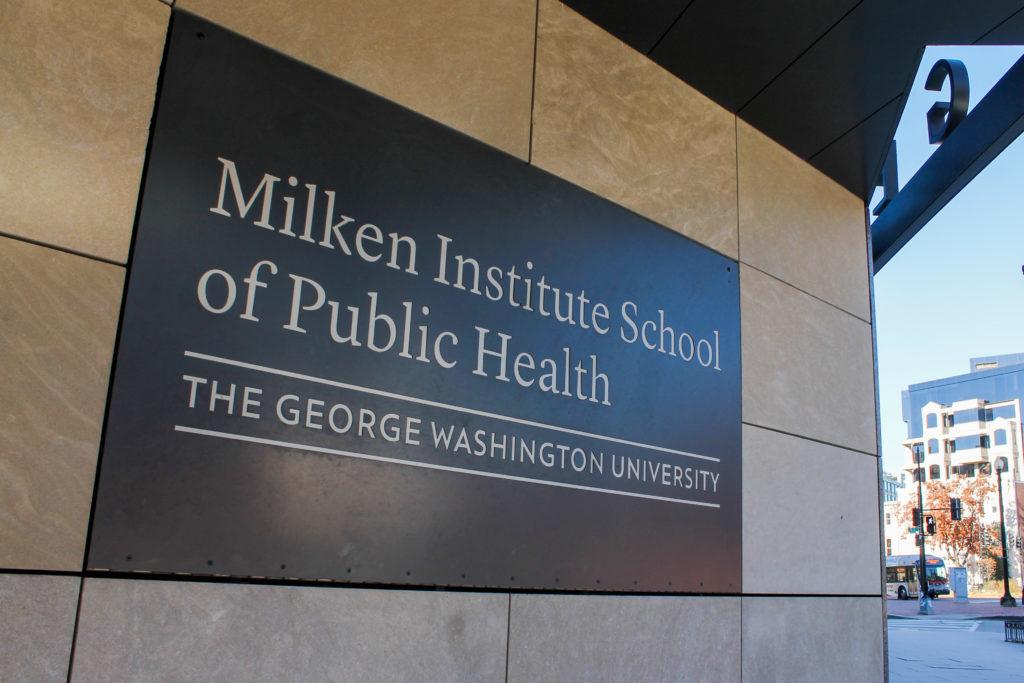GW’s human research office has been slow to approve projects on human subjects this academic year after top staff left the University, faculty say.
Three staff members – including the office’s director – left their roles in recent months spawning prolonged delays for researchers trying to get projects approved, slowing down their work and costing them money.
Faculty said they have been forced to wait for a month or more to get projects approved. At universities like Cornell and Georgetown, the review process can take anywhere from 10 days to as long as two weeks.
The University currently has two Institutional Review Boards, which have more than 40 representatives between them – including faculty, medical experts and community members – to assess the amount of physical or emotional risk associated with a proposed study using human subjects.
The groups meet once a month to review projects that could pose a significant risk to human subjects, but most are reviewed by designated reviewers and don’t go before a full IRB, Sheila Garrity, the associate vice president for research integrity, said.
At a Faculty Senate meeting earlier this month, James Tielsch, a member of the Faculty Senate and chair of the global health department, voiced concern that the slow pace of approving studies was hampering his department. He said the office’s former director Parker Nolen left the University, leaving the office without a leader.
“I know there have been a number of personnel changes and departures, but this is having a huge impact on the timeline of actually implementing human subjects research and putting many of us months behind in our schedules,” Tielsch said at the meeting. “We’re losing money like crazy.”
Garrity said staff departures resulted in “delays in turnaround times,” but faculty and staff had volunteered to help with the work of the office. She added that the office had hired two analysts in recent weeks and began the search for a new director.
“The OHR team continues to review all submissions as expeditiously as possible and we appreciate the research community’s patience as the office emerges from this period of transition,” she said in an email.
Tielsch said staffing issues place a huge workload on a small staff in the human research office.
“Almost all the departments that do active human subject research are experiencing these issues. Here at the School of Public Health we are for sure,” he said. “They only have two committees that meet once a month. If they met twice a month they would be able to get work done in a timely fashion to get turnaround more quickly.”
He said delays could also affect funding for research projects because some grants are only valid for a certain period of time and the delays have led some researchers to question whether their projects can be conducted at all.
Samuel Simmens, a research professor of epidemiology and biostatistics and a former IRB member, said delays couldn’t be solved unless empty positions were filled.
“In order to process requests in a timely way, the unfilled staff positions at the Office of Human Research need to be filled. I’m sure that will happen soon,” he said in an email. “In addition, more IRB members need to be available to take on the role of reviewing and approving minimal risk studies.”
He said one way to solve the current staffing issue might be to require a certain number of faculty or staff to review minimal risk studies within their school.
“That way, if there were too few IRB members from a school, leading to a backlog of reviews, the school would have a strong incentive to add more IRB members,” he said.
Jody Ganiban, co-chair of IRB and a professor of psychology, said that backlog of research requests is not related the number of IRBs at GW because most projects are minimal risk and aren’t reviewed by the entire board.
“We had talked about going up to four IRB panels,” she said. “I was just on both panels this past month and there weren’t many studies that were deemed to be more than minimal risk.”
She said the planned installation of a new electronic system to manage requests to the office could also help staff members approve projects more quickly.
“I just want to emphasize that the IRB is really trying to help people conduct research. But I also recognize that frustration when people have submitted research and it takes a month to hear back. I am hoping this process will get expedited and move a little bit faster,” she said.




